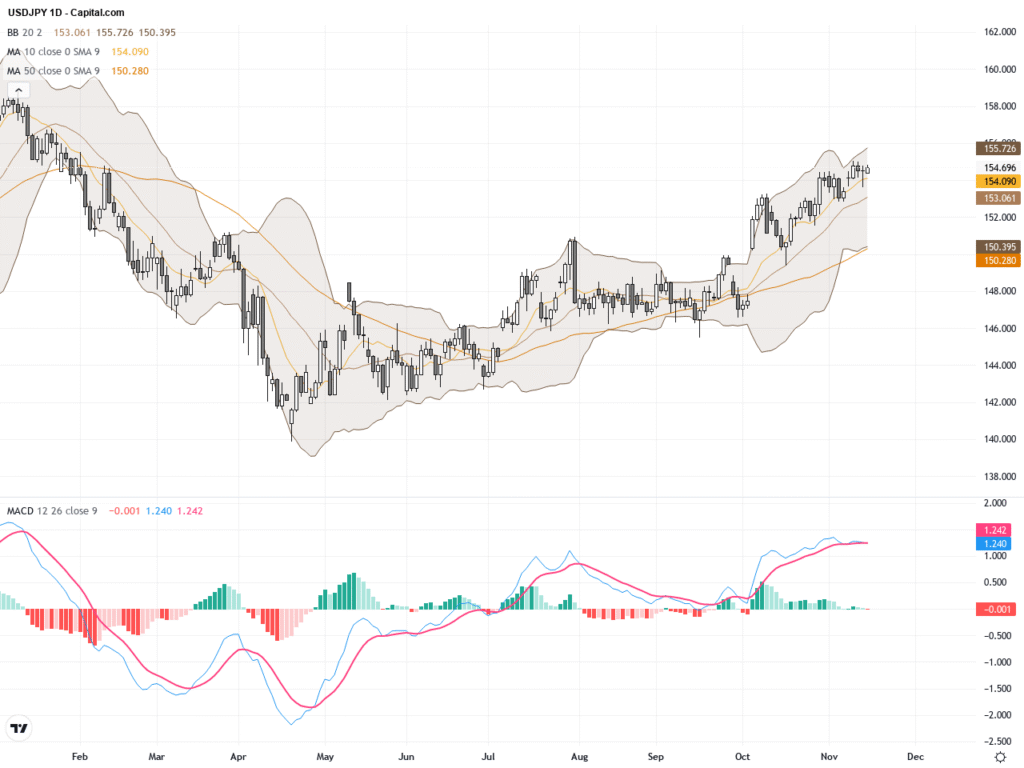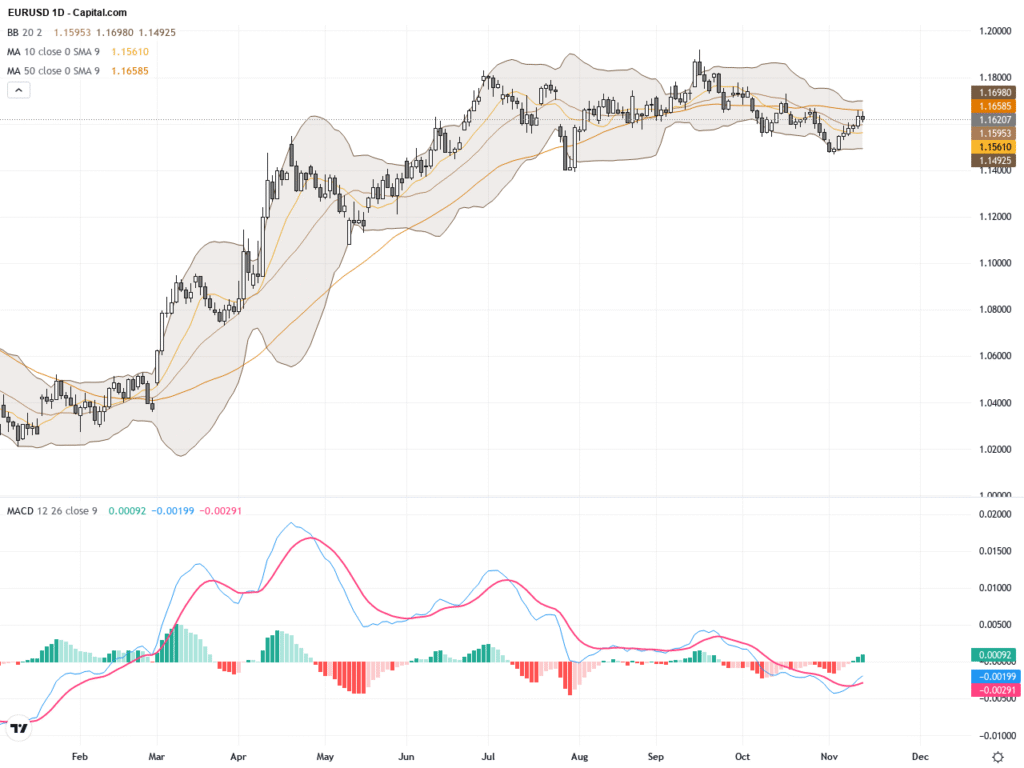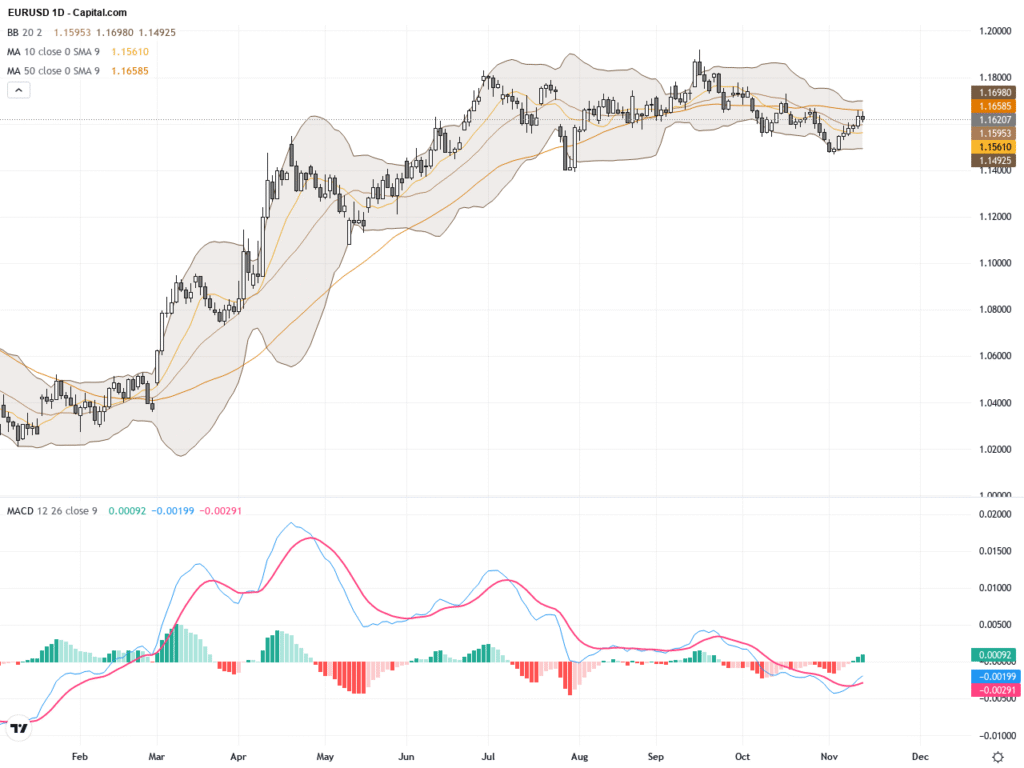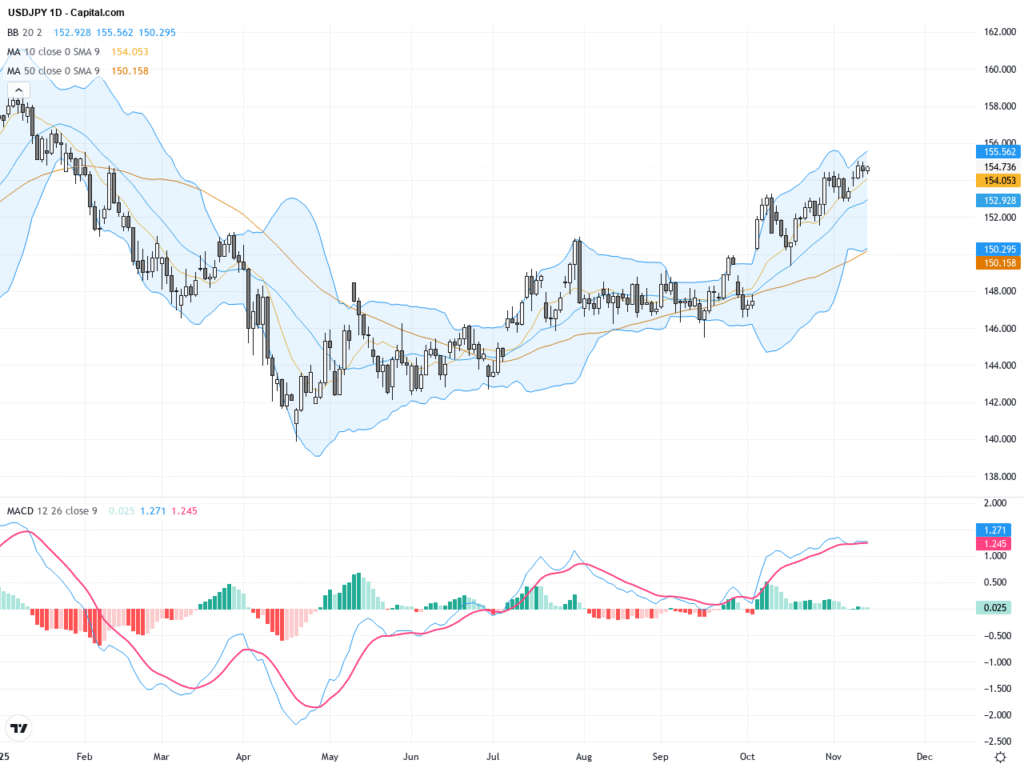 |
| Gold V.1.3.1 signal Telegram Channel (English) |
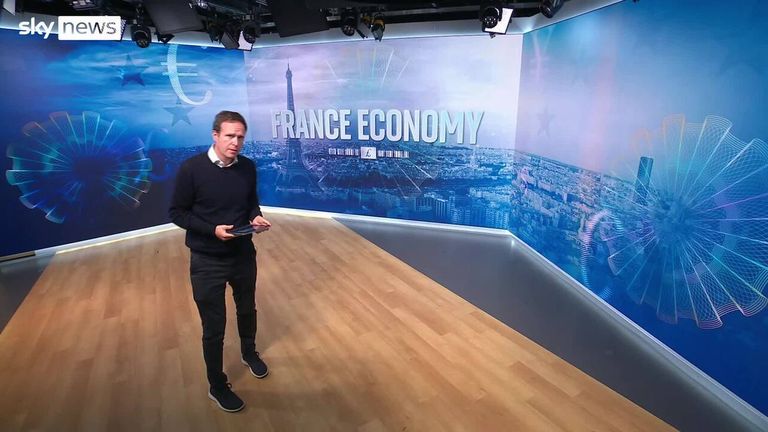
France’s Economic Crisis Explained: Debt, Productivity Slump, Political Instability, and the Path to Reform
2025-09-08 @ 22:00
France’s economic crisis has commanded global attention, fueled not only by extensive government spending but also by deeper structural issues that reach beyond deficit headlines. For years, France has been admired for its robust social welfare system and strong productivity, but recent developments have exposed vulnerabilities that are now testing the country’s resilience.
The Heart of the Crisis: Soaring Deficit and Debt
France’s public finances are under mounting pressure. The country’s deficit ranks among the highest in the developed world and, combined with staggering public debt levels, it has triggered concern both at home and abroad. While government attempts to rein in spending—especially by trimming welfare and raising taxes—have been met with resistance, the deficit keeps expanding. Last year alone, nearly 57% of the nation’s economic output was directed toward essential services such as healthcare, education, culture, defense, and comprehensive pension and unemployment benefits.
However, these efforts have been complicated by political instability. Recent changes in the government, triggered by failed budgetary reforms, have eroded confidence in fiscal management and made decisive action difficult. France’s parliament remains deeply divided, and any bill attempting meaningful fiscal medicine often encounters formidable opposition, leaving policymakers unable to push through the measures that might restore stability.
Productivity Woes: The Hidden Threat
A critical but often overlooked factor is the slump in productivity growth. Historically, France’s workforce produced more per hour than many of its European peers, offsetting shorter working hours with high output. This fertile ground for tax revenue helped sustain generous social programs. In recent years, however, productivity growth has stalled, falling below international standards. Less output means lower tax receipts, compounding the deficit problem and reducing the room for fiscal maneuver.
This slowdown isn’t just about numbers—it reflects deeper challenges in innovation, labor market flexibility, and long-term competitiveness. With productivity no longer keeping pace, France finds itself needing to reimagine its economic engine. Without a rebound, the structural gap between spending and income will widen, placing additional strain on public finances and threatening the sustainability of its social model.
Rising Borrowing Costs and the Threat of Market Instability
The landscape became even more precarious after the European Central Bank ended its sovereign debt repurchasing program in early 2025. France now faces higher borrowing costs, and the specter of a credit rating downgrade looms. If these trends continue, interest payments could consume up to 4% of GDP by the end of the decade, siphoning funds away from public investment and essential services.
French banks, major holders of sovereign debt, could face a substantial rise in non-performing loans, potentially requiring large-scale government intervention. Such interference would further strain public resources, raising the risk of a full-scale recession. Analysts warn of a scenario where GDP could contract by up to 2% annually—a pattern reminiscent of Greece’s devastating financial collapse a decade ago.
Socio-Political Fallout: Unrest and Erosion of Trust
Austerity measures, however necessary, are deeply unpopular and could ignite widespread protests. The risk of political fragmentation is rising, with populist parties gaining momentum as economic pressures grow. Unemployment, already creeping upward, threatens to hit double digits. Youth are especially vulnerable, facing bleak job prospects that could undermine long-term social cohesion and trust in democratic institutions.
The political leadership, under intense scrutiny, struggles to balance immediate fiscal realities with long-term reform. Failure to act decisively may not only prolong the economic crisis but also inflame public unrest and destabilize the broader eurozone.
Looking Ahead: Reform or Crisis
France stands at a decisive crossroads. The path out of crisis will require more than budget cuts or quick fixes; it demands comprehensive reform targeting productivity, competitiveness, and prudent fiscal management. If policymakers succeed, France could reclaim its economic dynamism and restore faith in its social model. If they fail, the reverberations may go far beyond national borders, shaking investor confidence and testing the integrity of Europe’s financial system. For now, the world watches as France confronts the hard economic realities that have been building for years—and the choices its leaders make will shape the nation’s future for generations to come.


